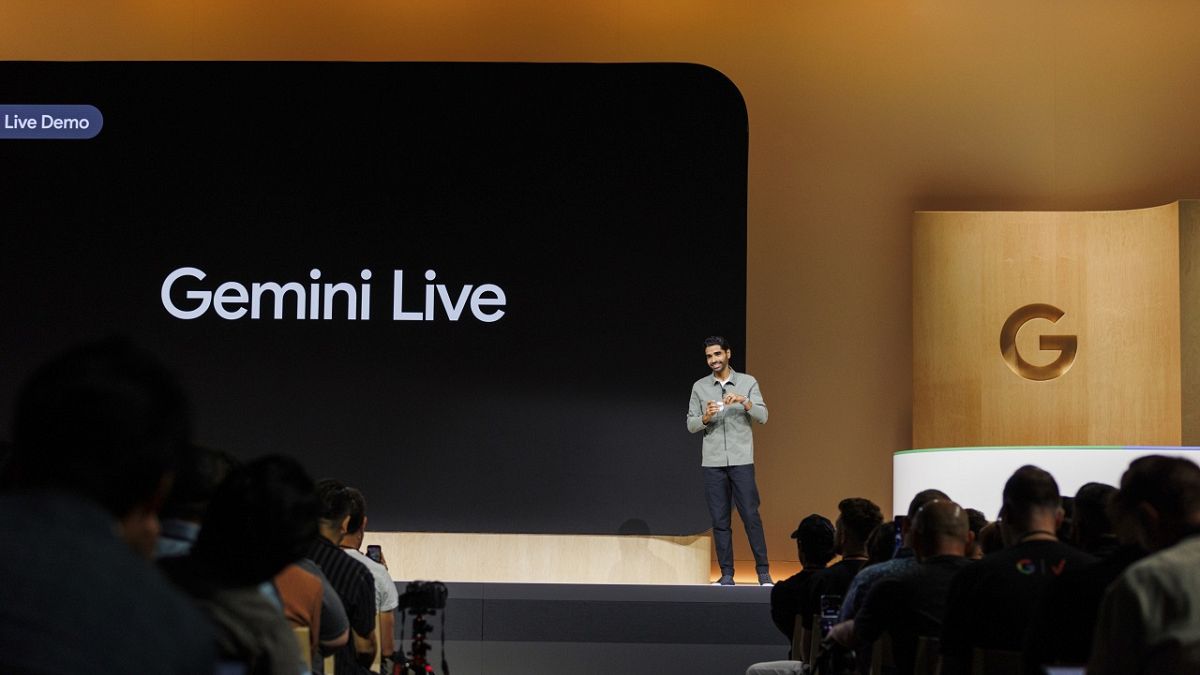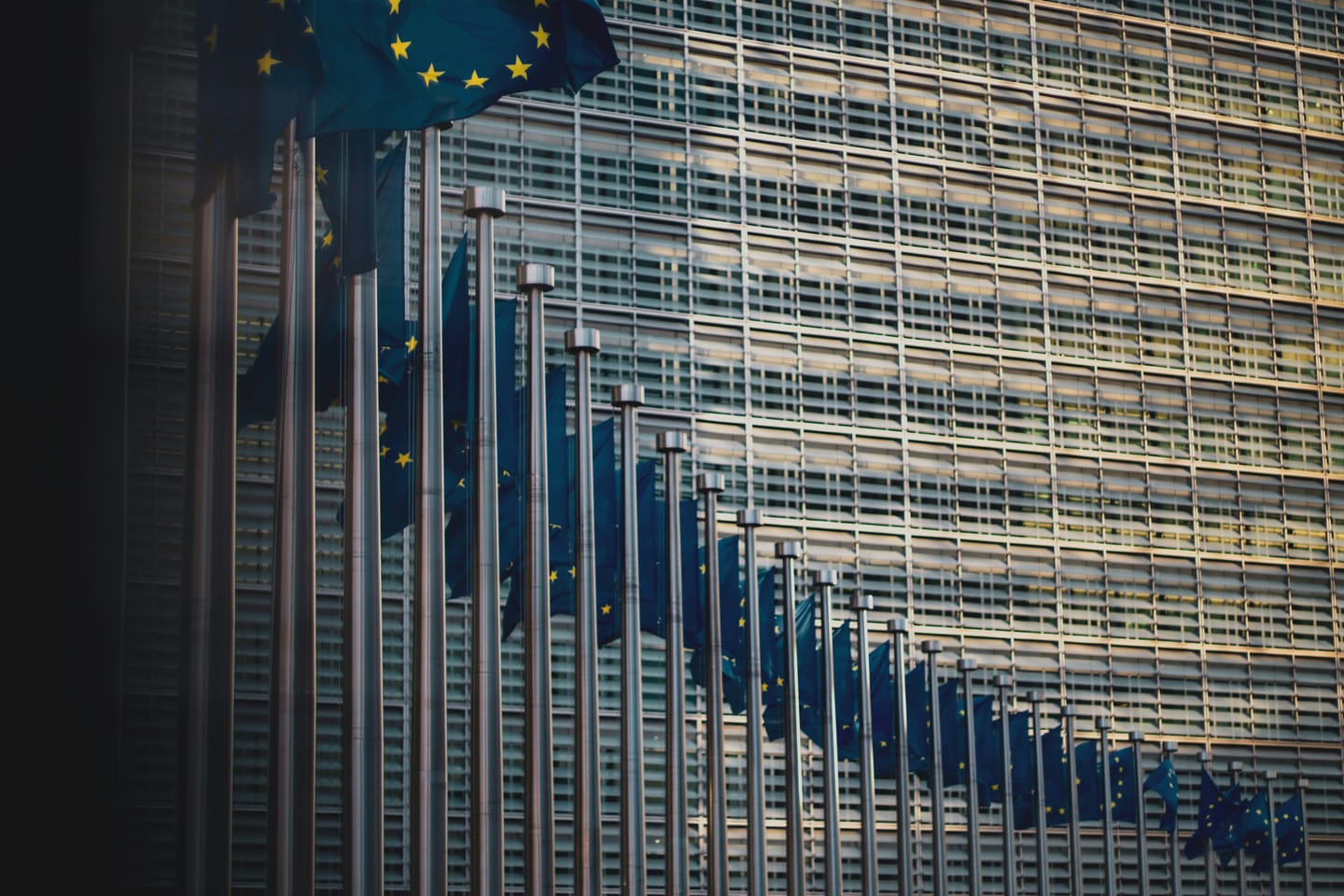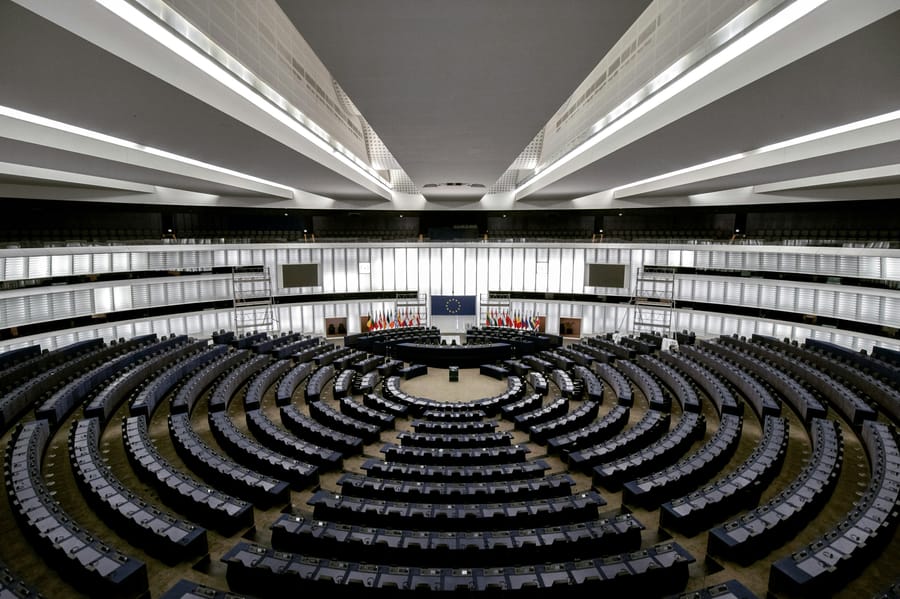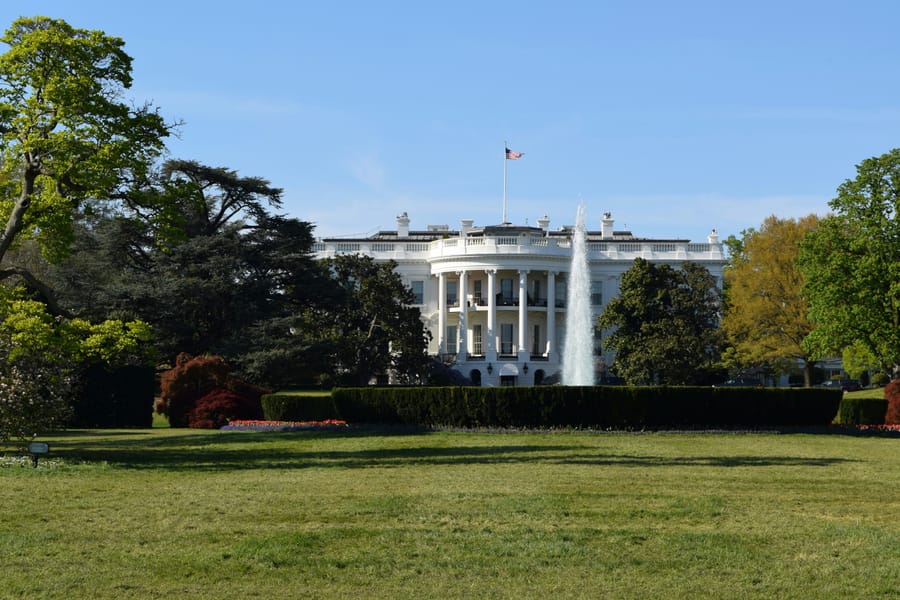On 11 March 2025, the third draft of the EU General-Purpose AI (GPAI) Code of Practice was published, raising significant concerns among industry stakeholders and legal experts. Designed for providers of GPAI models like ChatGPT, Google Gemini, and Midjourney, the Code aims to assist businesses in complying with the EU Artificial Intelligence Act (AI Act), which will take full effect in 2027. However, the draft exceeds the AI Act’s obligations, introducing requirements such as mandatory external evaluations and additional copyright provisions, sparking constitutional questions about the European Commission’s implementing powers.
The Code’s drafting process has also drawn heavy criticism, involving nearly 1,000 stakeholders but lacking transparent rules and democratic safeguards. Professor Martin Ebers, President of the Robotics & AI Law Society, argues that the process fails to meet the procedural requirements of European law, and the draft oversteps the content obligations set by the AI Act. Several provisions are contentious, such as point II.11, which mandates external evaluations before market release for GPAI models posing systemic risks. At the same time, the AI Act (Article 55(1)(a)) only requires adversarial testing of model evaluations. On copyright, measure I.2.4 requires GPAI developers to make reasonable efforts to determine whether protected content was collected by robots.txt-compatible crawlers—a requirement not stipulated by the AI Act.
Industry reactions to the draft, open for written feedback until 30 March before finalisation in May, have been mixed. Boniface de Champris, Senior Policy Manager at CCIA, stated that serious issues remain, including far-reaching obligations on copyright and transparency that threaten trade secrets. Iacob Gammeltoft, Senior Policy Manager at News Media Europe, was more critical: copyright imposes a results-based obligation requiring lawful access, and it’s simply not enough to ask AI developers for ‘best efforts’ to avoid using our content without permission. The Commission must carefully review the draft before approval, as its current form risks undermining the political compromise carefully balanced by the AI Act and exceeding the Commission’s implementing powers in a potentially unconstitutional manner.
Source:
1.

2.
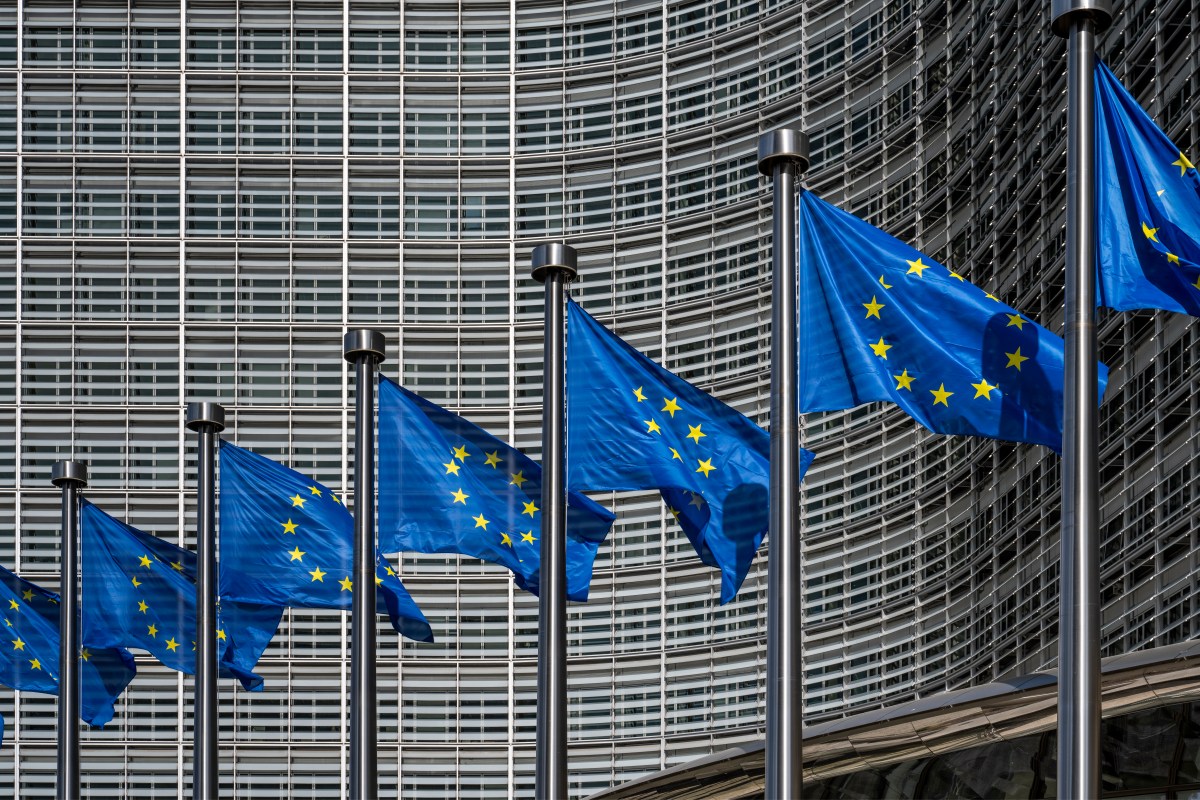
3.
